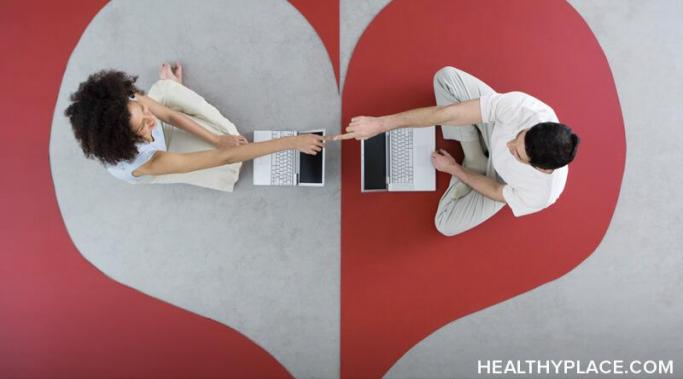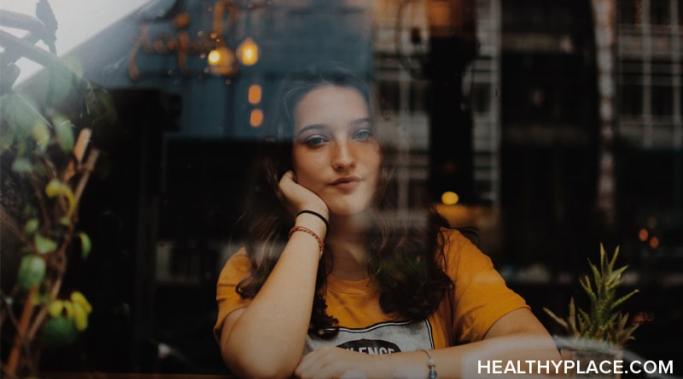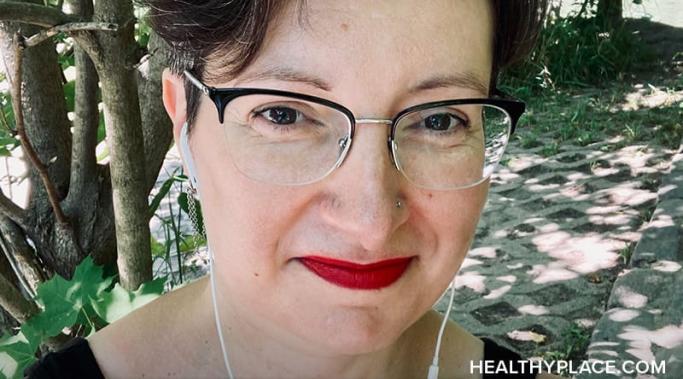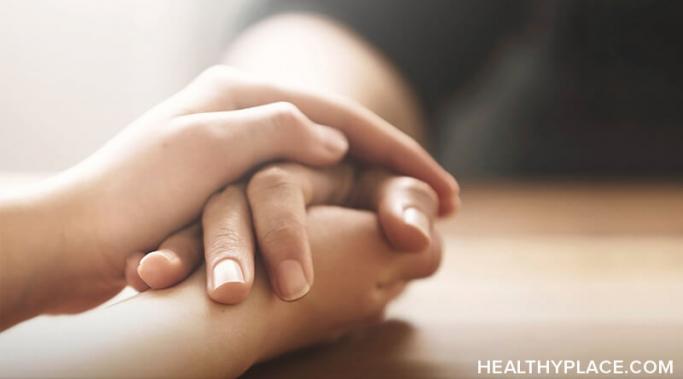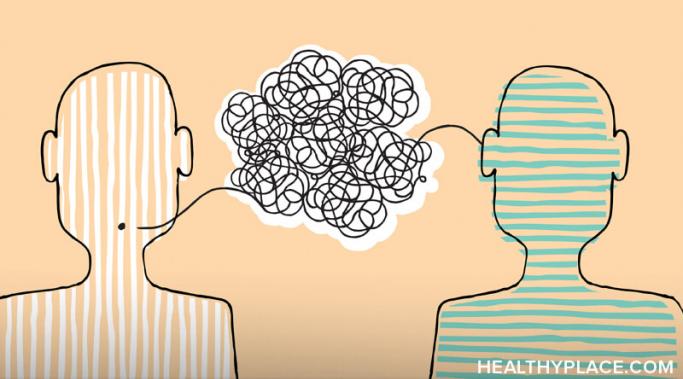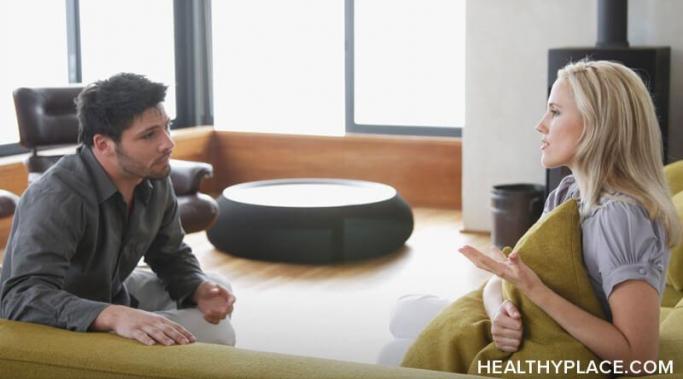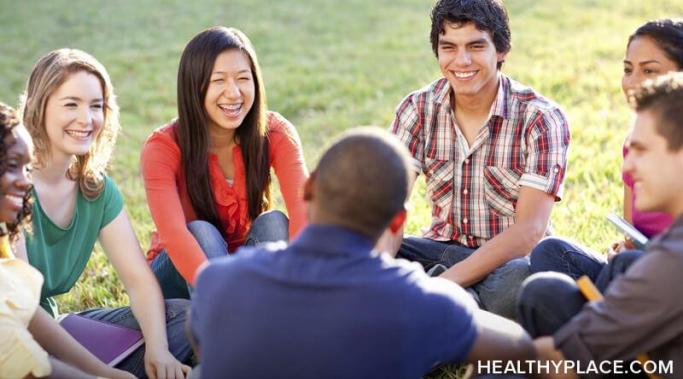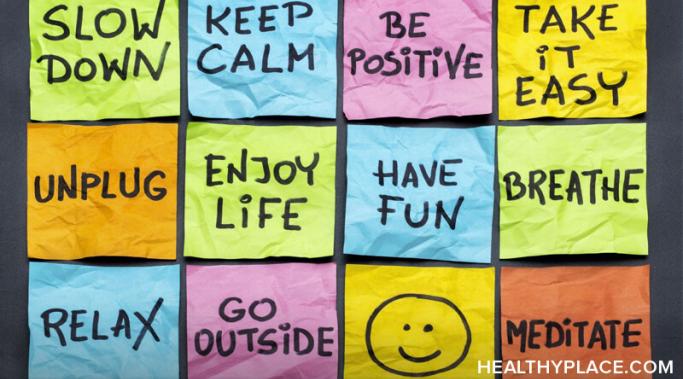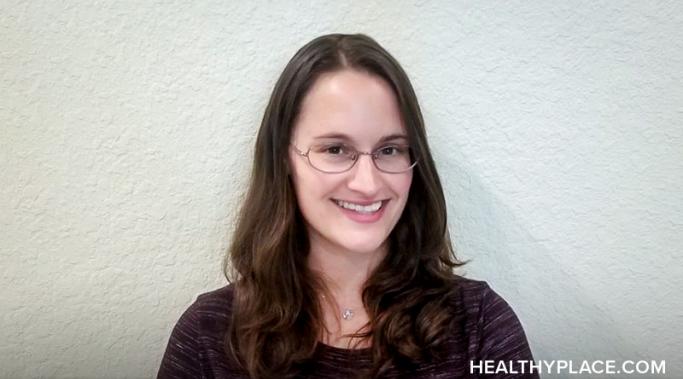I sometimes wonder if I would face the same stigma for dating men a couple of decades younger than me if the genders were reversed. It isn't that unusual to hear about men in their 40s dating women in their 20s. However, when a woman in her 40s dates a man in his 20s, the main assumption I've encountered is that she must be a "sugar mommy." It's almost as if it's unimaginable that a young man would be sexually or romantically interested in an older woman for any other reason.
Relationships Videos
In "Dating Like a 'Cougar' Is Leaving Me Lonely," I discussed my mixed feelings about continuing to identify as a cougar. I was worried that the term might be too small of a box to fit myself into. Having thought about it more, I now see the term more like a shoe that fits. It might be a tight fit, but it still fits.
Something happened when I turned 40: I pretty much stopped dating my age. Over the past four years, almost all of my dates have been with men in their 20s. I believe the term for a woman like me is "cougar." While dating men so much younger than me has been exciting and fun, it's also been incredibly lonely. So, why have I been clinging to the cougar life for so long?
My name is Mel Bender. I’m thrilled to be joining HealthyPlace as an author for the Relationships and Mental Illness blog. I’m a freelance writer, blogger, and artist living in Toronto, Canada.
Juliana Sabatello
When we aren't at our best emotionally, it can help on a nervous system level to just have someone be with us to co-regulate our emotions. I was definitely one of those children who needed a hug when I was upset. I have always responded strongly to the negative and positive emotions of others. I also respond very well to a calm person comforting me when I am anxious or stressed. I work mostly with children, so I am used to hearing the term "co-regulation" as it relates to parents and caregivers helping children calm down when they are upset, but it can be just as powerful for adults in relationships.
Juliana Sabatello
Many people are much more open to the idea of mental health counseling nowadays, but I still encounter people who don't understand the point of paying someone to listen to them when they have friends who will do that for free. They might make jokes about their friends giving them "free therapy" or call therapy a pointless waste of money. Not only is that opinion based on misinformation, but using a friend as you would a therapist can put an unfair burden on the relationship.
Juliana Sabatello
Let's talk about this scenario: You meet someone new, you're hitting it off, and you think you want to get to know this person better. Your mental illness is a big part of your life, and if they are going to be a part of your life, you know you want them to know about it eventually, but you don't know when or how to bring it up.
Juliana Sabatello
People who know me describe me as friendly, and it's funny for me to hear because I wasn't always -- I had social anxiety. Connecting with others is at the core of who I am as a person, but social anxiety held me back from belonging for the first two decades of my life.
Juliana Sabatello
Unsolicited mental health advice can contribute to the judgment and stigma we face as people with mental illnesses, even when it comes from a place of good intentions. Opinions about what we should or shouldn't do for our mental health can come off as judgmental, especially when those opinions minimize the time, effort, and research we have put into our choices.
Juliana Sabatello
My name is Juliana Sabatello, and I'm happy to be joining HealthyPlace as a contributor to the "Relationships and Mental Illness" blog. I am 28, a South Florida native, and I studied psychology and human and social development at the University of Miami, and I have a master's in mental health counseling from the University of Central Florida. Like many in the mental health field, I became interested because of my experience with my own mental health early in life. I have had anxiety since early childhood, panic disorder since late adolescence, and my first major depressive episode at age 11. Mental illness has affected every relationship I have ever had.
